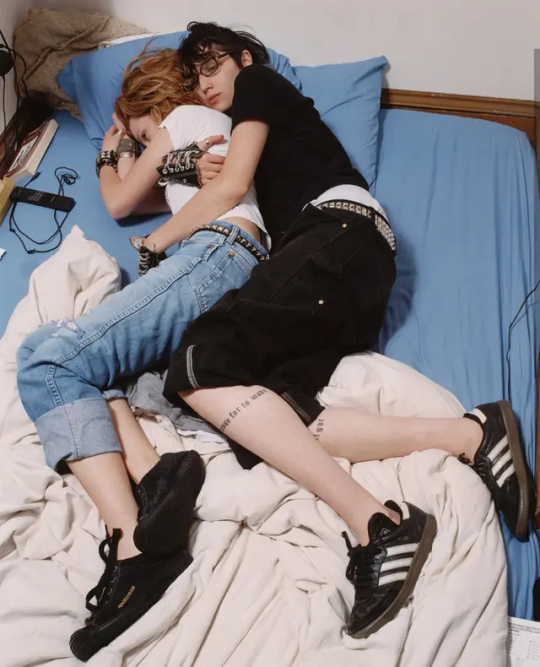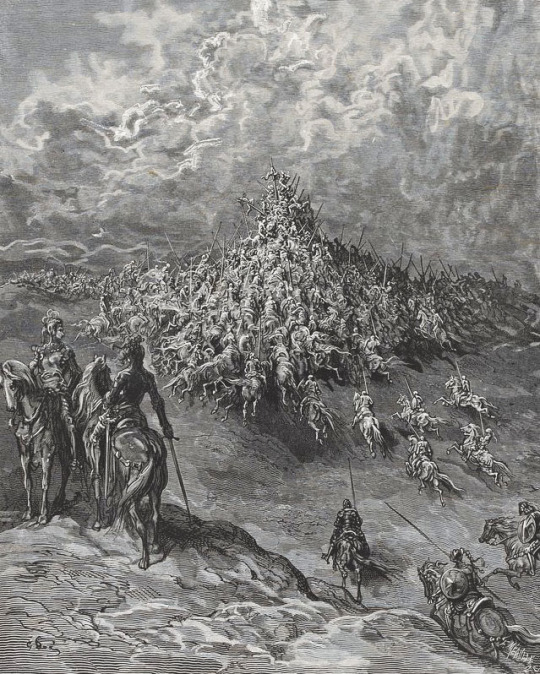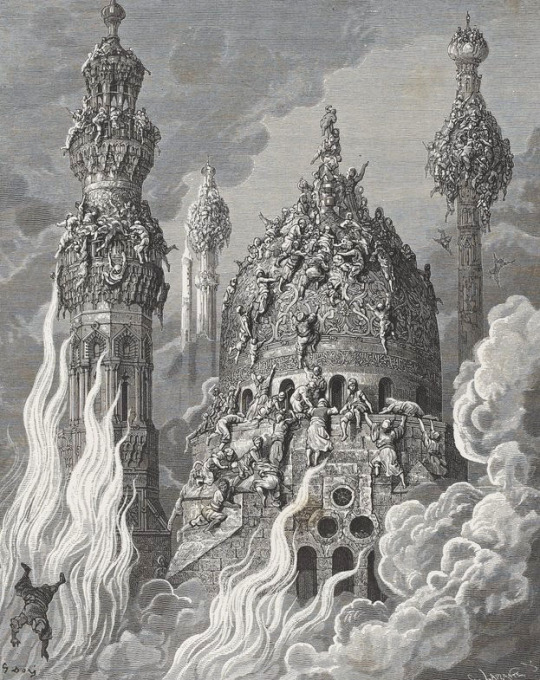Text





Smith College Girls for i-D magazine, 2004.
Photographed by Richard Kern
11K notes
·
View notes
Text

Let My People, Pádraig Ó Tuama. The Book of Queer Prophets, edited by Ruth Hunt
1K notes
·
View notes
Text

Gilles Deleuze on friendship and madness. (From L’abécédaire de Gilles Deleuze, letter F (as in fidelité))
74 notes
·
View notes
Text
To do the thing that no one else can do, you have to make the choice that no one else would make. But it can’t be performative—you can’t fake it by choosing an unpopular thing, because if you do it arbitrarily, the choice you’re making will just be bad. It actually has to come from something real inside you, the place of knowing beyond language. When people talk about taste and how to acquire it, I often feel like they’re groping for a shortcut to access their own interiority. Most people think about desirability in terms of what other people are doing—like, this is the hottest coat of the season. This artist has blown up and now they’re too mainstream. I need a Birkin because Hermes makes them difficult to purchase. I keep seeing brands sell things by aping Caroline Bessette-Kennedy’s style, her “aesthetic,” when she herself was a perfectionist who bought relatively few clothes. Self-possession sells, but you can’t buy it.
Ava, what we talk about when we talk about taste
26 notes
·
View notes
Text

The painting Judith with the head of Holofernes (1846), by Charles van Beveren.
2K notes
·
View notes
Text



Illustrations from Ludovico Ariosto's Orlando Furioso by Gustave Doré (1879)
1K notes
·
View notes
Text
My god, I can't believe I didn't know about this? Wilson's resentment of Carson is so seething, yet she's also deferential enough that she stops short of making her criticism completely explicit? Comparing her work to Monty Python, then walking it back, Jesus. The phrase "her strangely moving essay" ... the contempt, I would die.

emily wilson summing up my blog in her anne carson take down
237 notes
·
View notes
Note
Hiii, I am curious to learn more about your personal politics. Are u socialist of democractic socialist? Do you reject Marxism–Leninism? Are you more of a reformist of revolutionary?
Over time I've moved away from talking about my own ideology on here for a variety of reasons (I have lots of disparate influences and there's no label I 100% identify with, everyone loves to start heated fights on here, it seemed a bit self-absorbed, etc.) But considering that it has been years since I've really made any attempt at laying out what my viewpoint is, it might make sense to do so again.
There are three terms you could fairly use to describe my views:
I am a democratic socialist because I think that the people should be able to collectively decide upon their shared fate, and that democracy is superior to both political dictatorship and capitalist oligarchy. (See Eugene Debs, Michael Harrington, etc.)
I am a liberal socialist because I believe that socialism is the logical extension of historical liberalism as an attempt at liberating people from existing hierarchies and authoritarianism. (See Carlo Rosselli, John Rawls, etc.)
I am a social democrat because I believe that the potential for successfully achieving transformative change through aggressive action within the presently existing system is drastically larger than the potential for a successful proletarian revolution, mass insurrection, etc., etc. (See Eduard Bernstein, Jean Jaurès, etc.)
This all puts me very firmly in the reformist camp of the reform vs. revolution debate. I would not consider myself a Marxist, although there are ways in which Marx's thought has influenced my own both directly and through the thought of others in the broader Marxist tradition.
In further detail:
I am a market socialist who believes in a large welfare state that provides for everyone's basic needs from cradle to grave; workplace democracy through widespread cooperatives and strong labor unions; progressive reforms to redistribute wealth more evenly; full employment; the reorganization of the global economy to eliminate present injustices; the diminishment of corporate power; strategic public ownership in certain key sectors; and the provision of opportunities for everyone to live their lives in the way that they desire.
I am a democrat who believes in an equal opportunity for everyone to influence public policy, including the periodic chance for the people to freely select their own leadership from amongst a variety of different choices, without unfair restrictions, corrupt financing by the wealthy, domination of the process by a political elite, or external interventions.
I am an anti-militarist opposed to armed conflict in any and every scenario where it can be avoided; an anti-imperialist opposed to the abuses of all powerful governments which take advantage of others and impose their will upon them; and an internationalist who believes in a democratic system of multilateral diplomacy and equitable exchange in which all countries can resolve their differences peacefully and cooperate for the common good.
I am a progressive who believes in an egalitarian culture that values every single person equally, abolishes rigid social hierarchies like patriarchy and white supremacy, welcomes immigrants, embraces secularism to separate church from state, and provides for the full rights and liberties of all peoples.
I am a civil libertarian who believes in the universal right of all people to fundamental liberties (speech, belief, protest, press, association, etc.) and protections from authoritarianism (privacy, government transparency, a fair legal system, limits to detention, humane treatment of prisoners, rule of law, anti-discrimination policies, demilitarized state security forces, etc.)
I am an environmentalist who believes in a just transition that ends our dependence on fossil fuels and establishes a green economy that minimizes (and even reverses) the damage of climate change; ensures clean air, water, and land; preserves natural ecosystems; and provides for everyone's needs in a sustainable fashion.
433 notes
·
View notes
Text
She took walks, she read plays, and she watched movies. But mostly Apple just sat in silence out on her lawn. 'You can call it a very long-drawn-out day-to-day meditation,' she says. 'I went through a period where I had a razor blade and was carving things out of wood. I would just do that all day, sitting there and thinking.' (Ask Apple if she was high as a kite out there on the grass and she laughs and says no. She admits to a short drug phase, when she smoked pot every day, but that was before this.) Friends needled her, saying she was wasting time and needed to get back to songwriting. 'And I would be like, 'No, this is exactly what I need to be doing right now.' I just had to sit there and figure the fuck out who I was. I didn't have an appetite for music in any way.' – Fiona Apple interview, EW.com 2005
196 notes
·
View notes







